Best Vedic Pandit Services|HinduPoojaRituals
- 08 Dec 2021
- 03 Comments
Puja, also known as ritual worship of images of God or idols of deities, has a special place in spiritual sadhana. Puja of idols is probably the most traditional and meaningful ritual performed by followers of contemporary Hinduism. Compared to the sacrificial ceremonies of the Vedic religion, which still take place occasionally but which are relics of a religion that can no longer be considered living, puja is performed daily, like the sandhya(morning prayer) to god/goddess.
The significance of puja has been incorporated into the current performance of some of the "samskaras" that establish an individual personality. In other words, puja is described as a simple expression of our love & devotion towards the divine spirit. Puja is not only a custom that should be performed at temples but can be done at our homes. Both men & women can do puja. While performing puja, it helps to destroy negative thoughts & emotions, vibrations in and around oneself.
Vedas and their importance:
According to olden Hindu texts, the word Veda means "knowledge." Vedas and their importance have been passed down to generations in India using the Sanskrit language. The structuring of Vedas has been divided into hymns, poems, prayers, and religious instruction. The four Vedas are:
-
Rig-Veda.
-
Samaveda,
-
Yajurveda, and
-
Atharvaveda
Rig-Veda: Most of the pujas that are performed to God are in rig-vedic texts only. This is the oldest form of Veda, which consists of 1028 hymns called 'Suktas' and has a collection of 10 "Mandalas."
Samaveda: This Veda is known for melodies and chants, and the two most important Upanishads are tagged to this Veda. They are Chandogya Upanishad and Kena Upanishad. This Veda is linked to music and dance. Yajurveda:, All the homam/yagna/havans performed by pandits are inscribed from this Yajurveda. All the texts inside this Veda are mantras or chants.
Atharvaveda: This Veda explains all the daily procedures of one's life. It has 730 hymns/suktas, 6000 mantras, and 20 books. Under this Veda, the most important Upanishads are Mundaka Upanishad, the Mandukya Upanishad, and the Prashna Upanishad.
Vedas and Upanishads:
The concept of murti puja in Vedas is fundamental; This can be best achieved by singing or chanting mantras, performing specific actions, and making offerings to god/goddess. All the hymns, slokas that are described in Vedas are robust repositories for spiritual force. The main difference between Vedas and Upanishads is Vedas contribute the oldest texts of Sanskrit literature, whereas Upanishads constitute ideas revered in Hinduism.
Types of Worshipping God:
According to vedic Hinduism, a devout can offer his prayers to God in multiple formats such as puja, aarti, darshan, and homam/yagna/ havan at home or holy shrines. Yajna/havan/homam is the most powerful way of praying God to all the types of worshipping deities. Havan is a conventional fire offering that is practiced to be presented to the God Agni.
Meaning of Yajna/Homam/Havan: The meaning of yajna/havan is described in vedic literature as offering prayers to God with the help of fire. In this process, pandits chanted various Sanskrit hymns, poems, and mantras while performing the rituals.
Types of Yajna/Havan:
-
Bhuta-yajna: A sacrifice made to living beings such as animals, birds, etc.
-
Manushya-yajna: A gift made to human beings.
-
Pitr-yajna: A sacrifice made to ancestors.
-
Deva-yajna: An offering made to Gods.
-
Brahma-yajna: An offering made to pandits or purohits.
Pooja essentials needed for the altar:
One should not use puja items for purposes other than puja or havan. The essential pooja samagri list to be considered for any puja or havan is as follows:
-
Mango Leaves, Tulsi Leaves.
-
Panchamrutham.
-
Prasad(Sera / Kesari / Kheera / Lemon Rice).
-
Brass or Silver Plates / bowls / Spoons.
-
Photo of the God related to PoojaPooja.
-
Pancha Patra, either Brass or Silver.
-
Water Tumblers.
-
Deepam, Bell & Aarti.
-
Brass or Silver Aasan & Kalash.
-
Wooden Chowki.
-
Betel Leaves.
-
Fruits, Coconuts.
-
Loose Flowers.
-
Flower Garlands.
While performing puja/havan at home or any holy shrines, it's essential to clean all the puja utensils and the place where the puja will take place. Preparing lamps and food offerings should be done with mindfulness. One should chant the divine names along with the pandit during the ritual process.
If you are looking to buy pooja essentials online, then you are at the right spot; at hindupoojarituals.com, we offer customised puja samagri to all our customers that are of superior quality and are delivered at your doorstep with a single snap.
At hindupoojarituals.com, one can avail all the vedic services either through online or offline mode by book a pandit option along with pooja essentials. If you want to buy brass pooja items online, silver pooja thali sets online, please visit our online store, where all the puja items are of premium quality and affordable prices. All the services that our vedic pandits offer to our customers are entirely performed according to vedic texts and procedures. All our vedic pandits are professionals and are well-versed with Vedas.

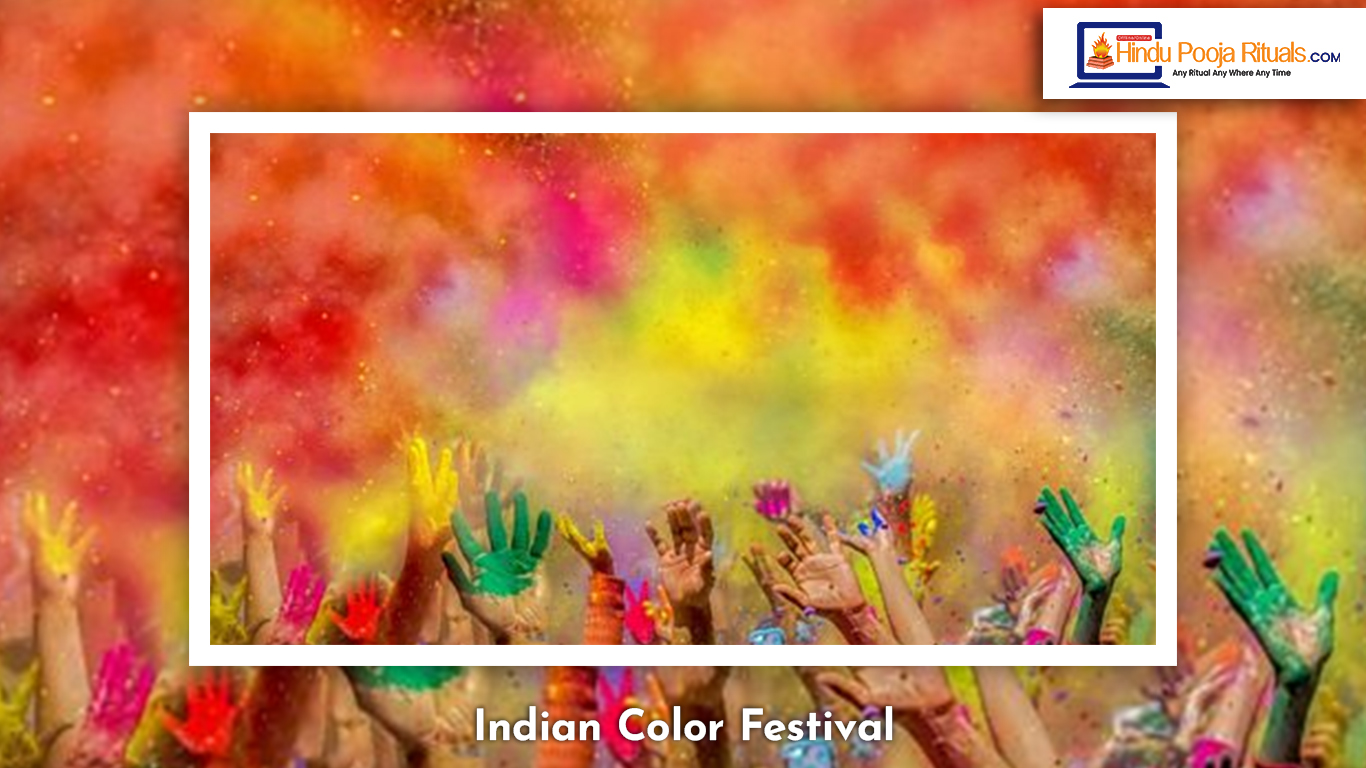
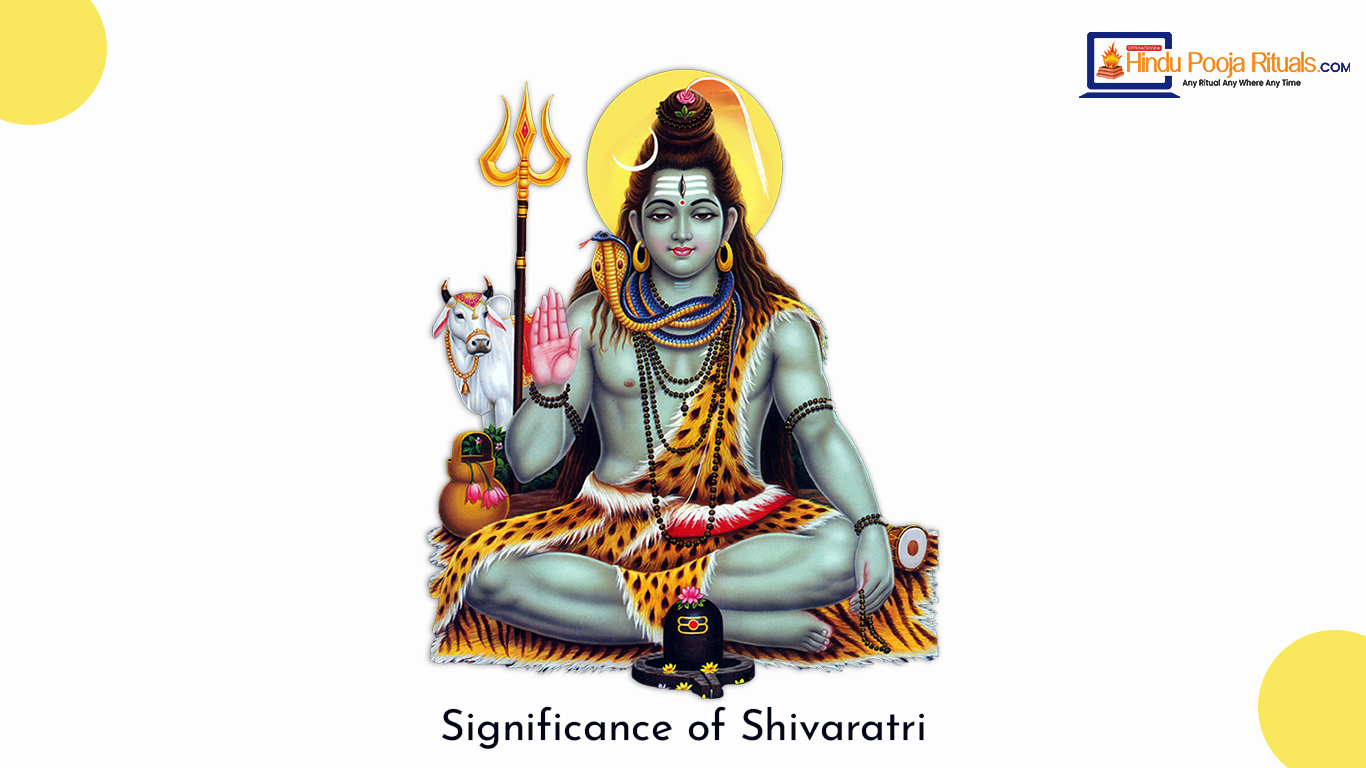
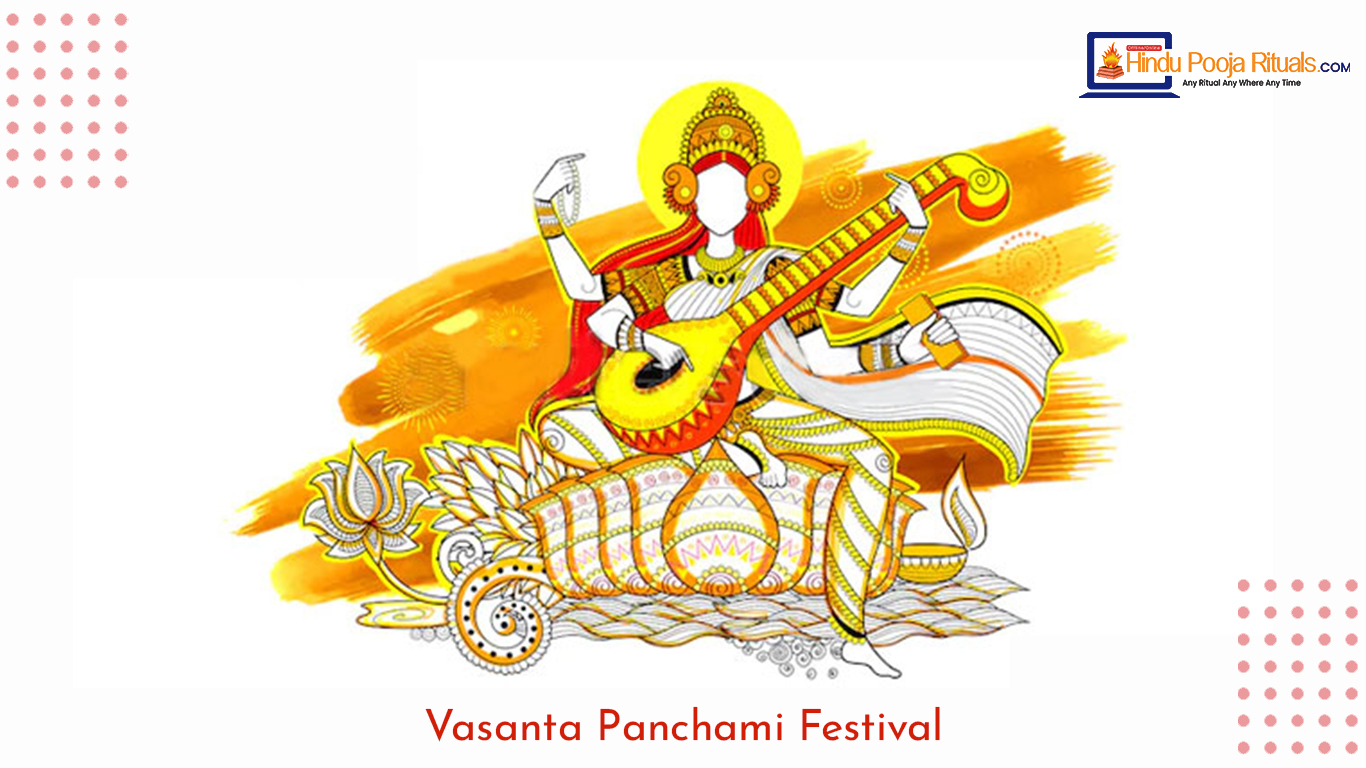

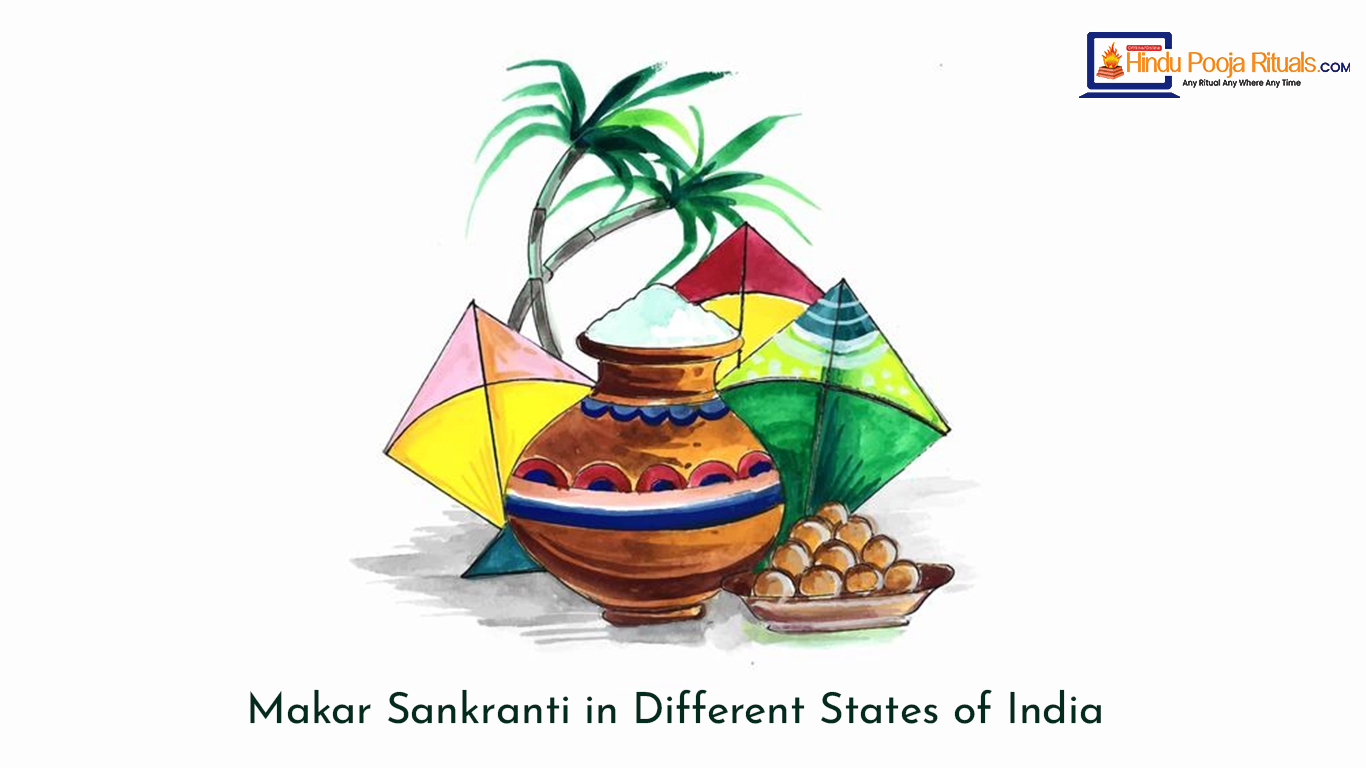
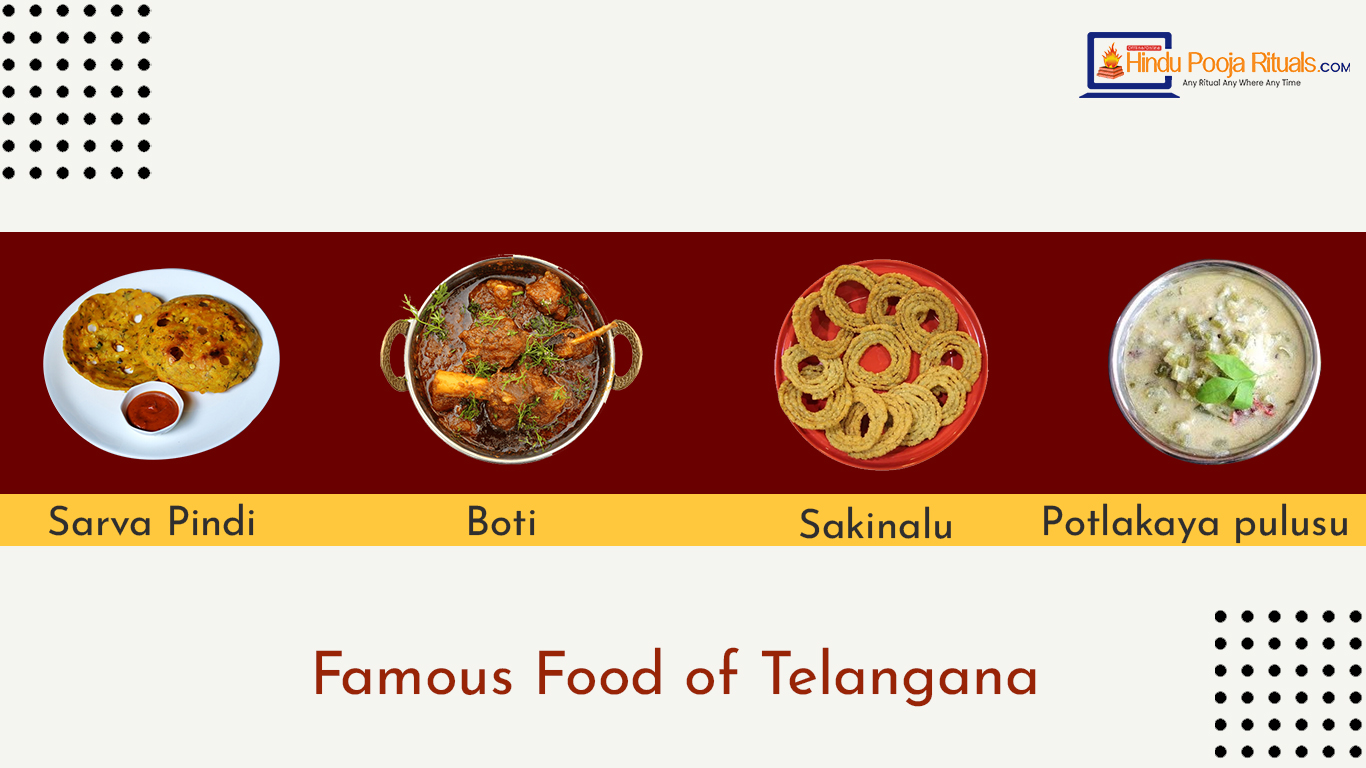
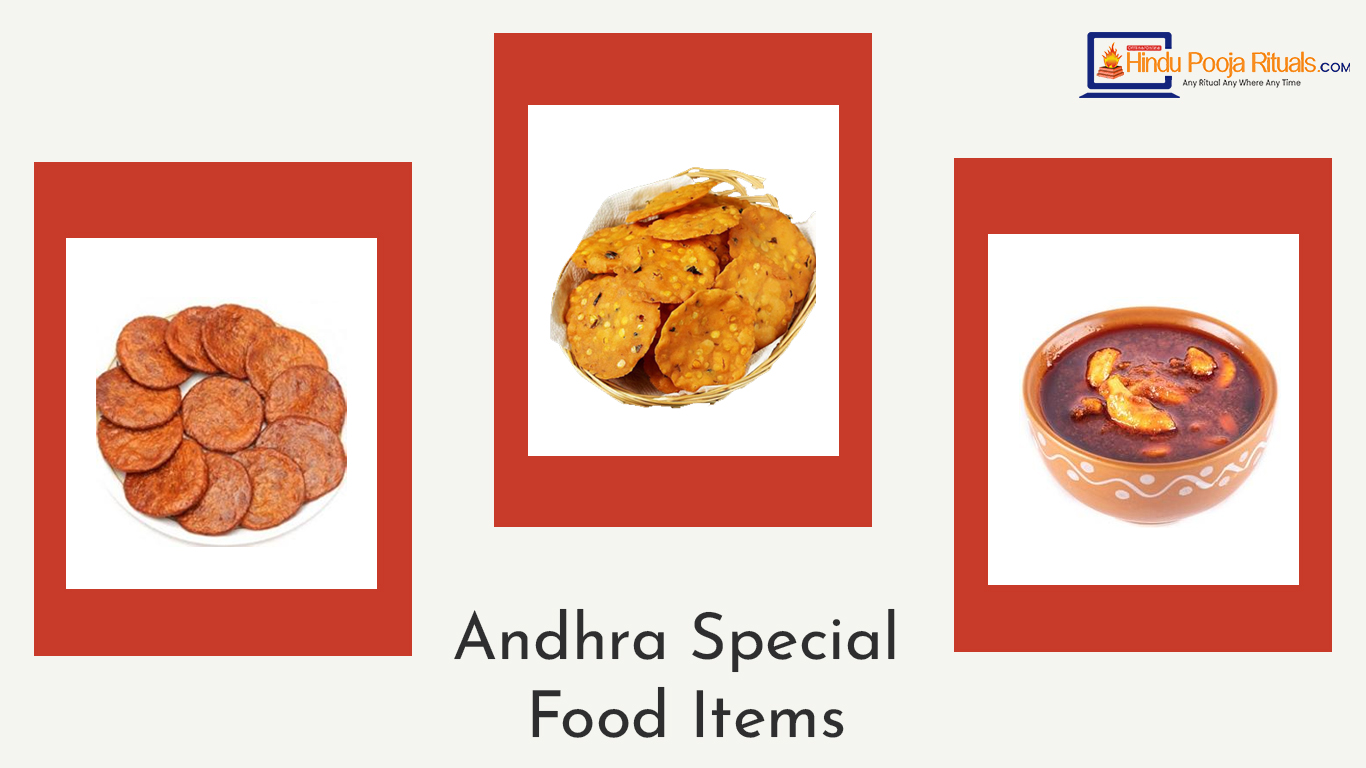
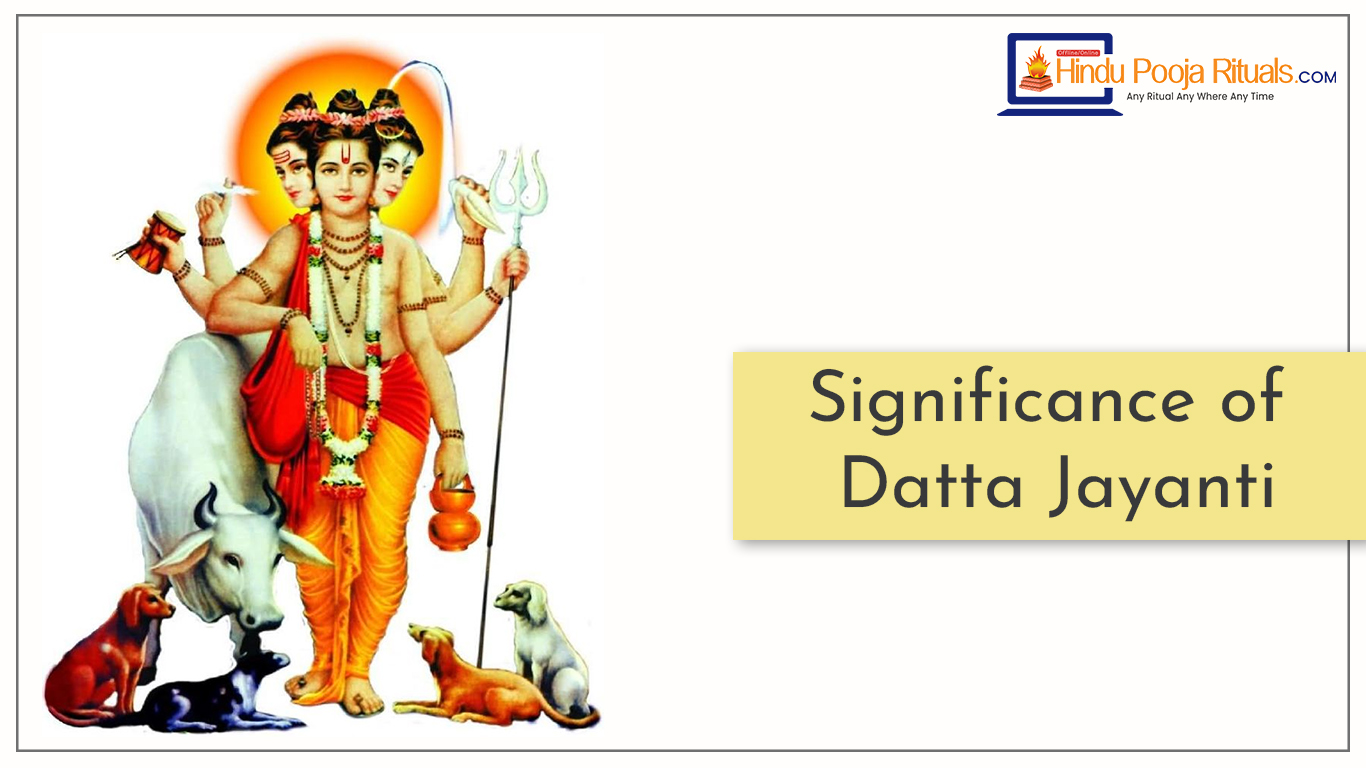
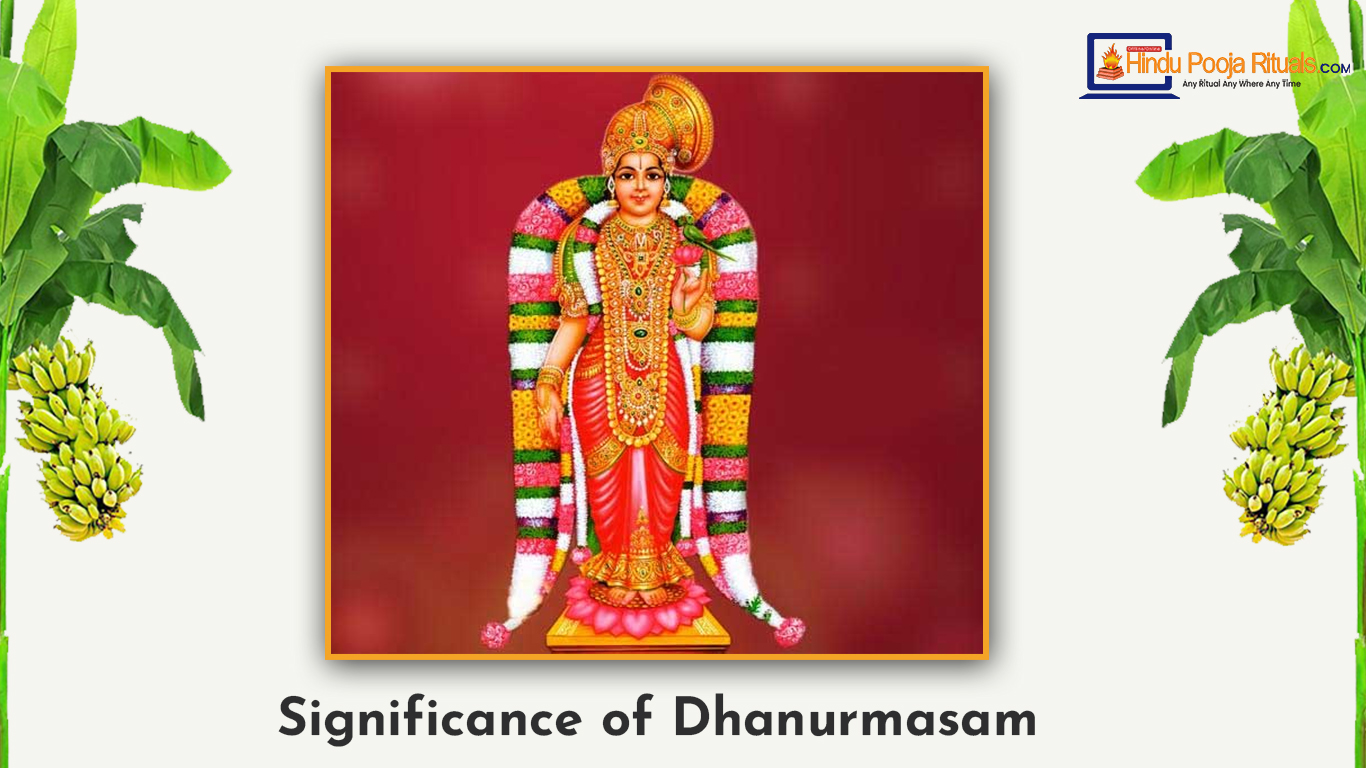
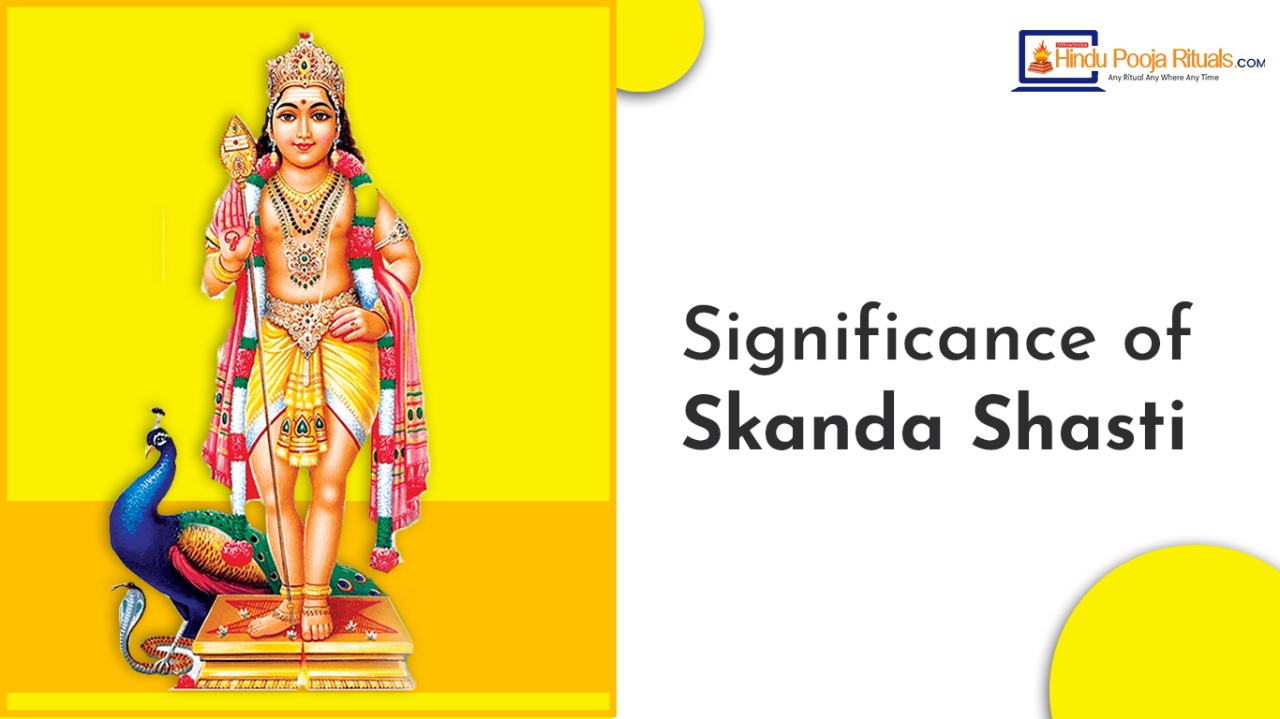

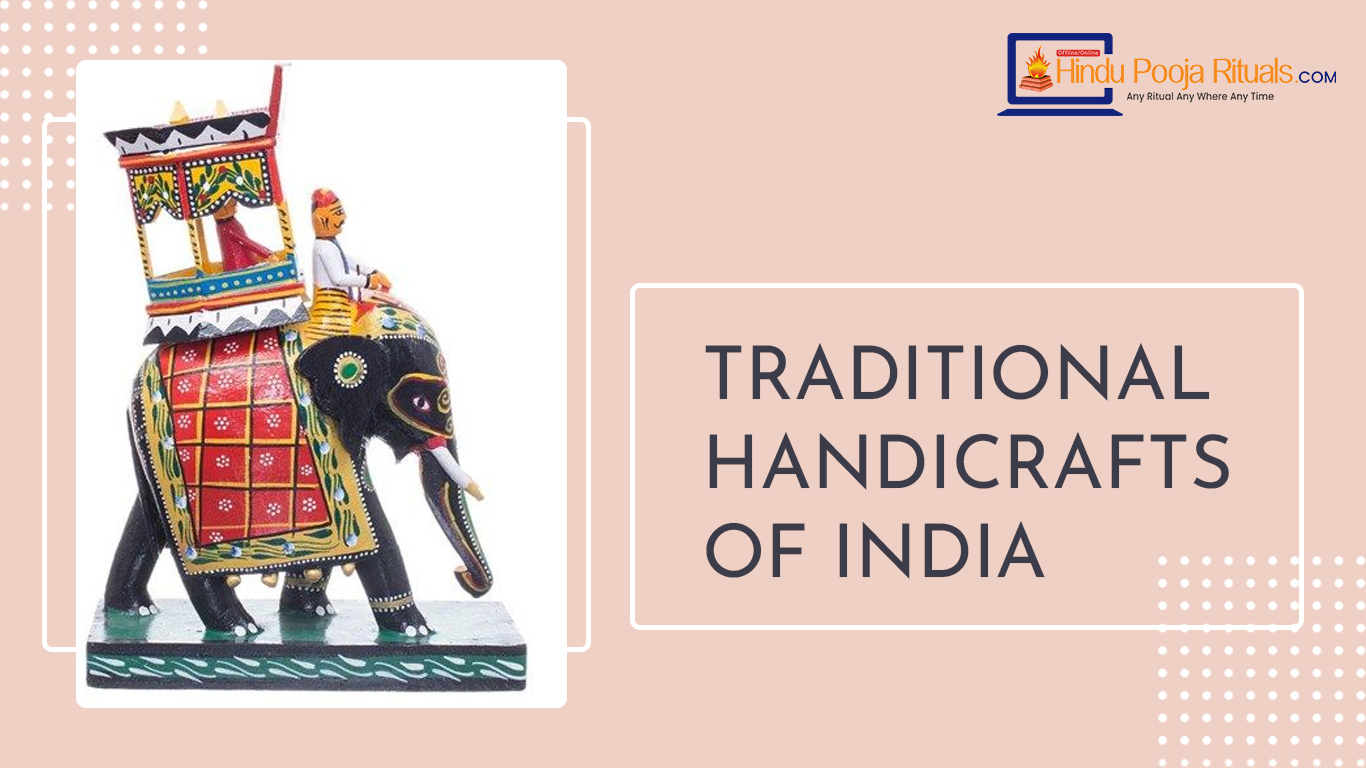
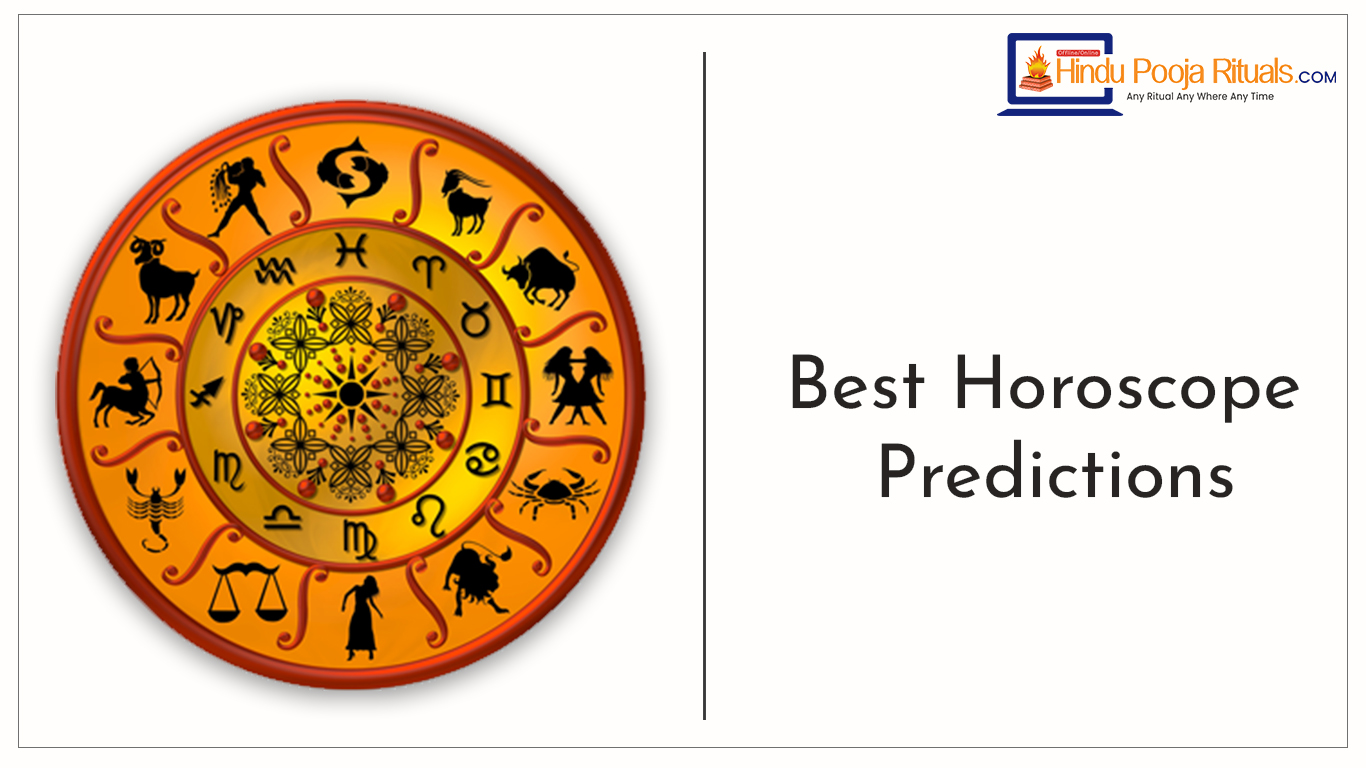
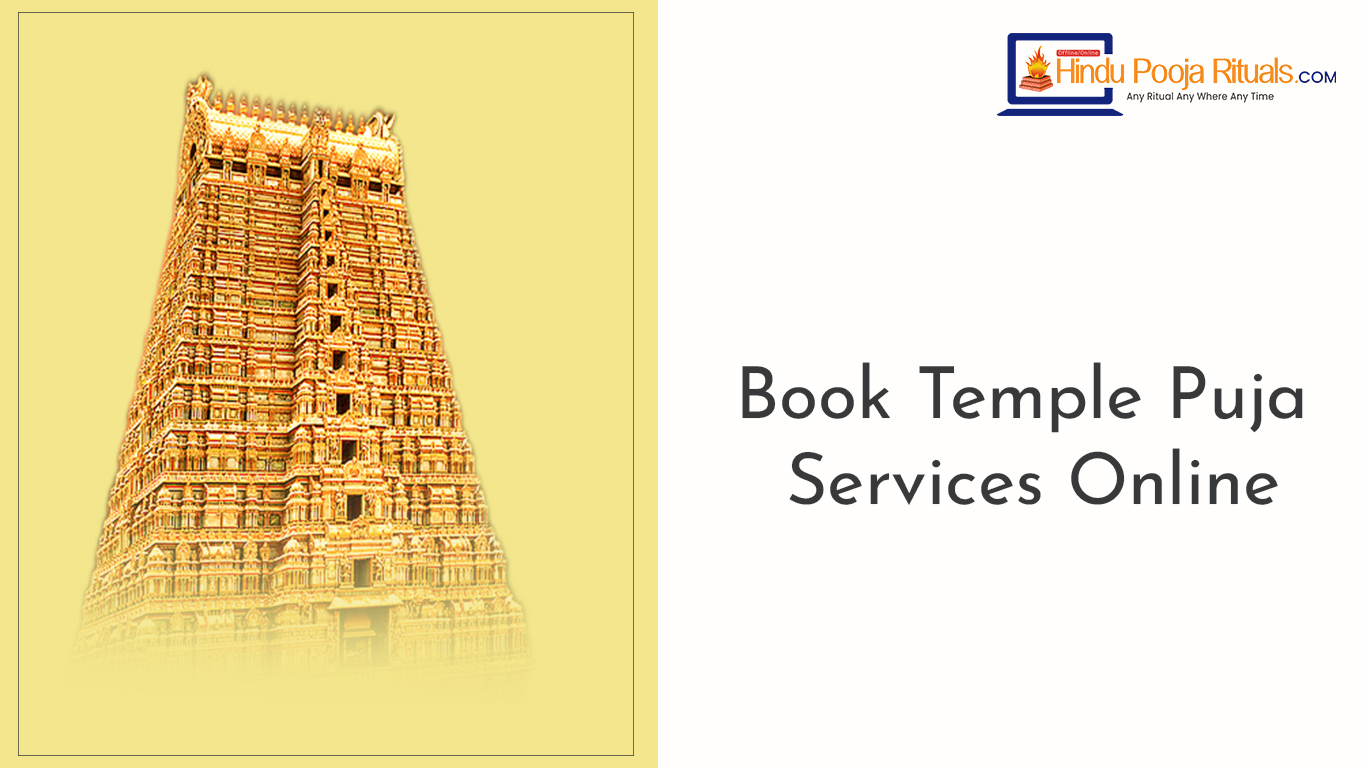
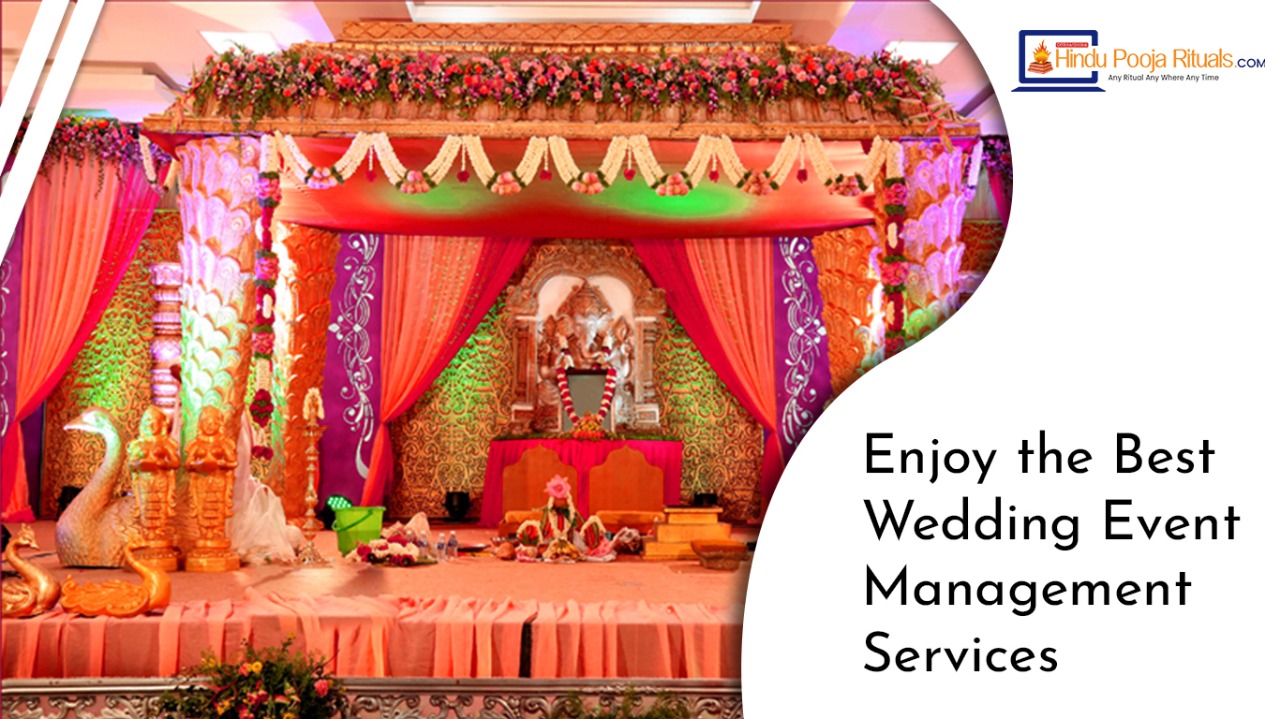
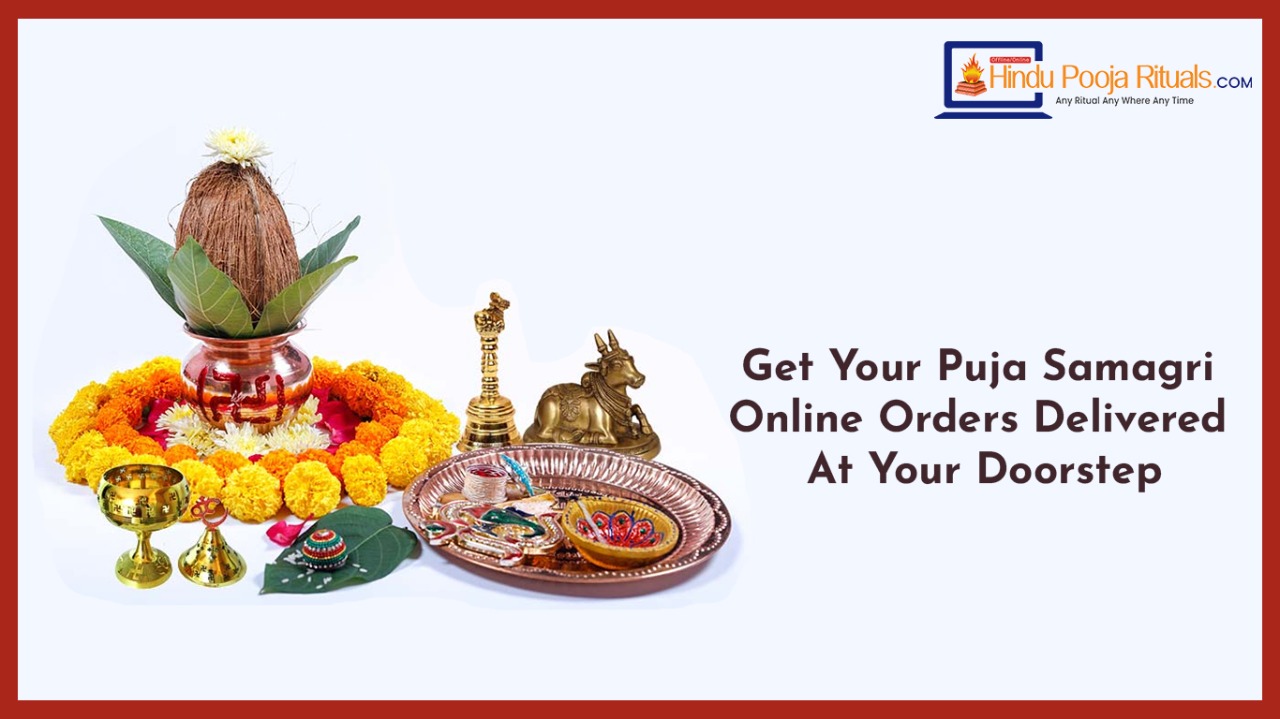
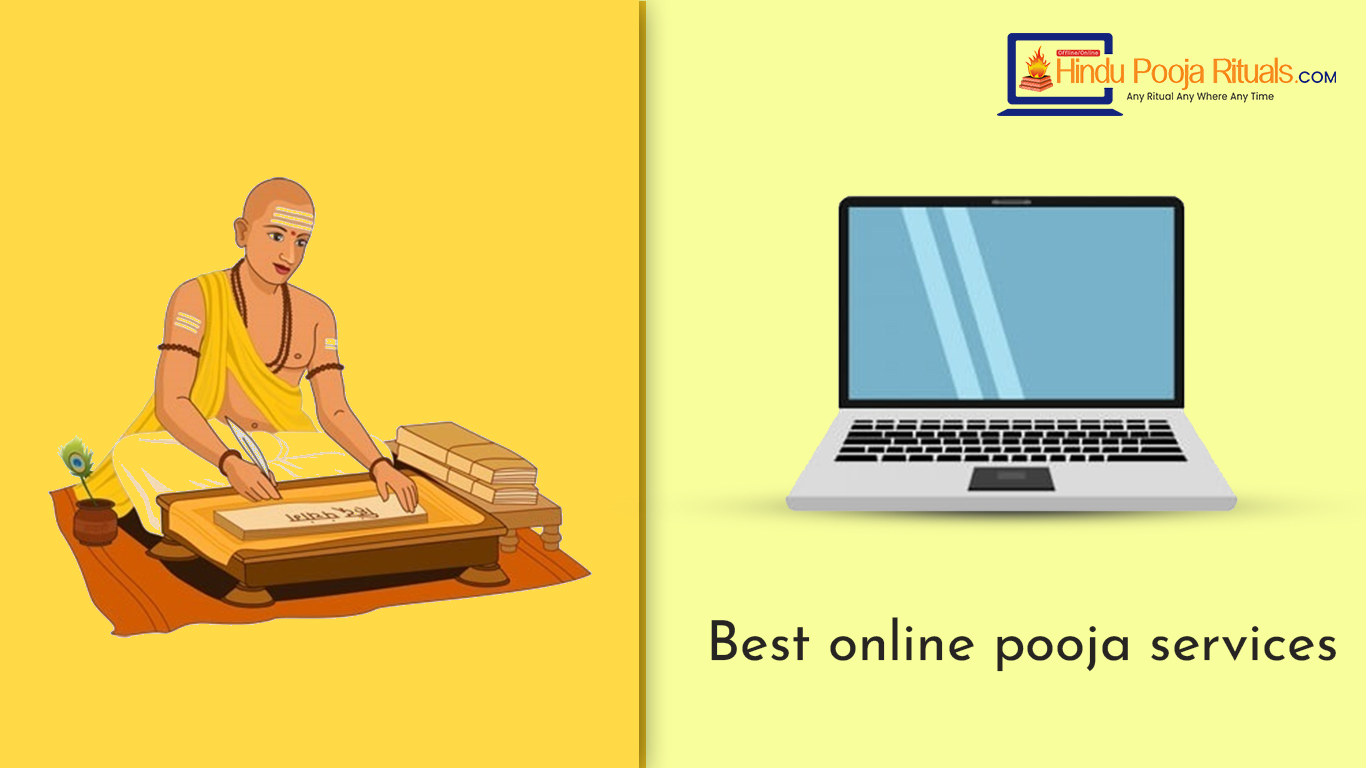
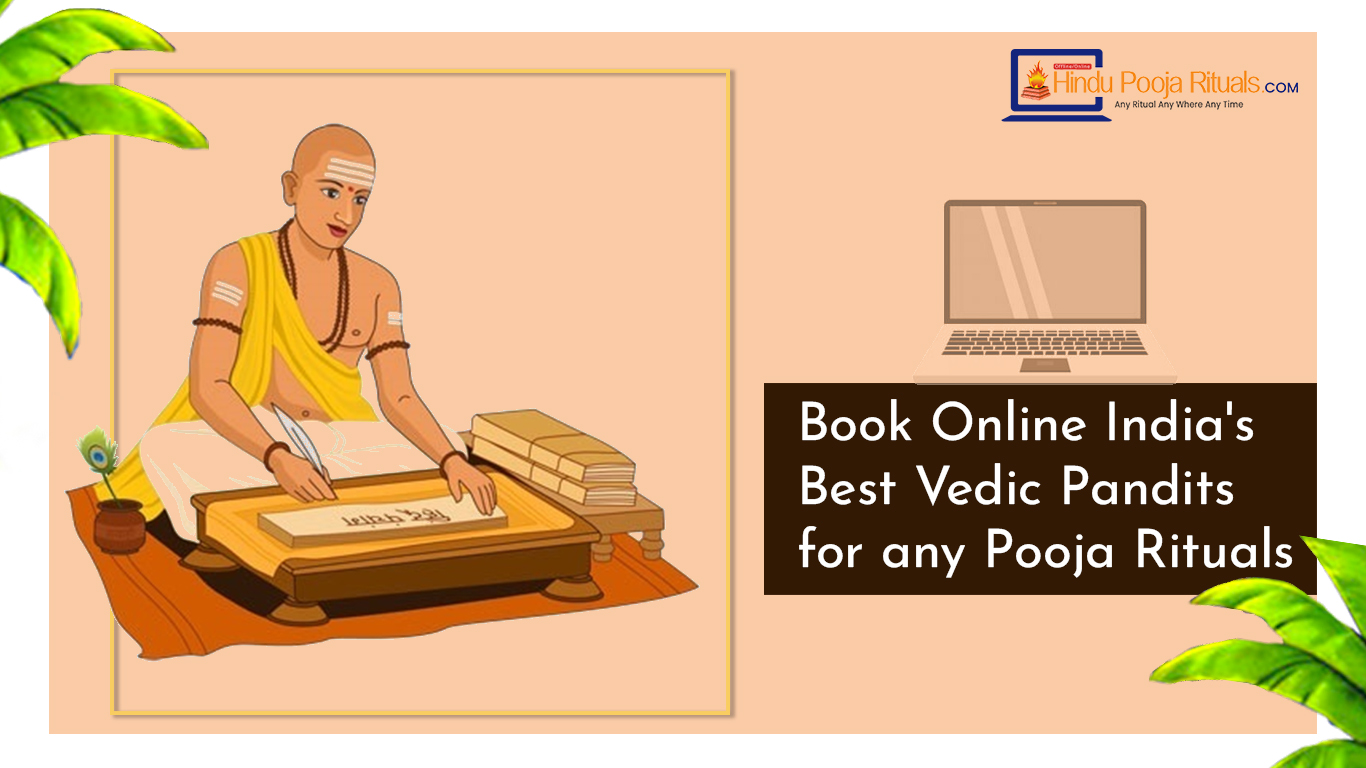
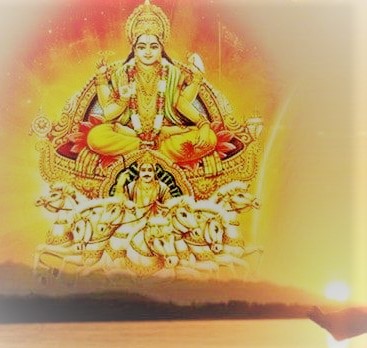
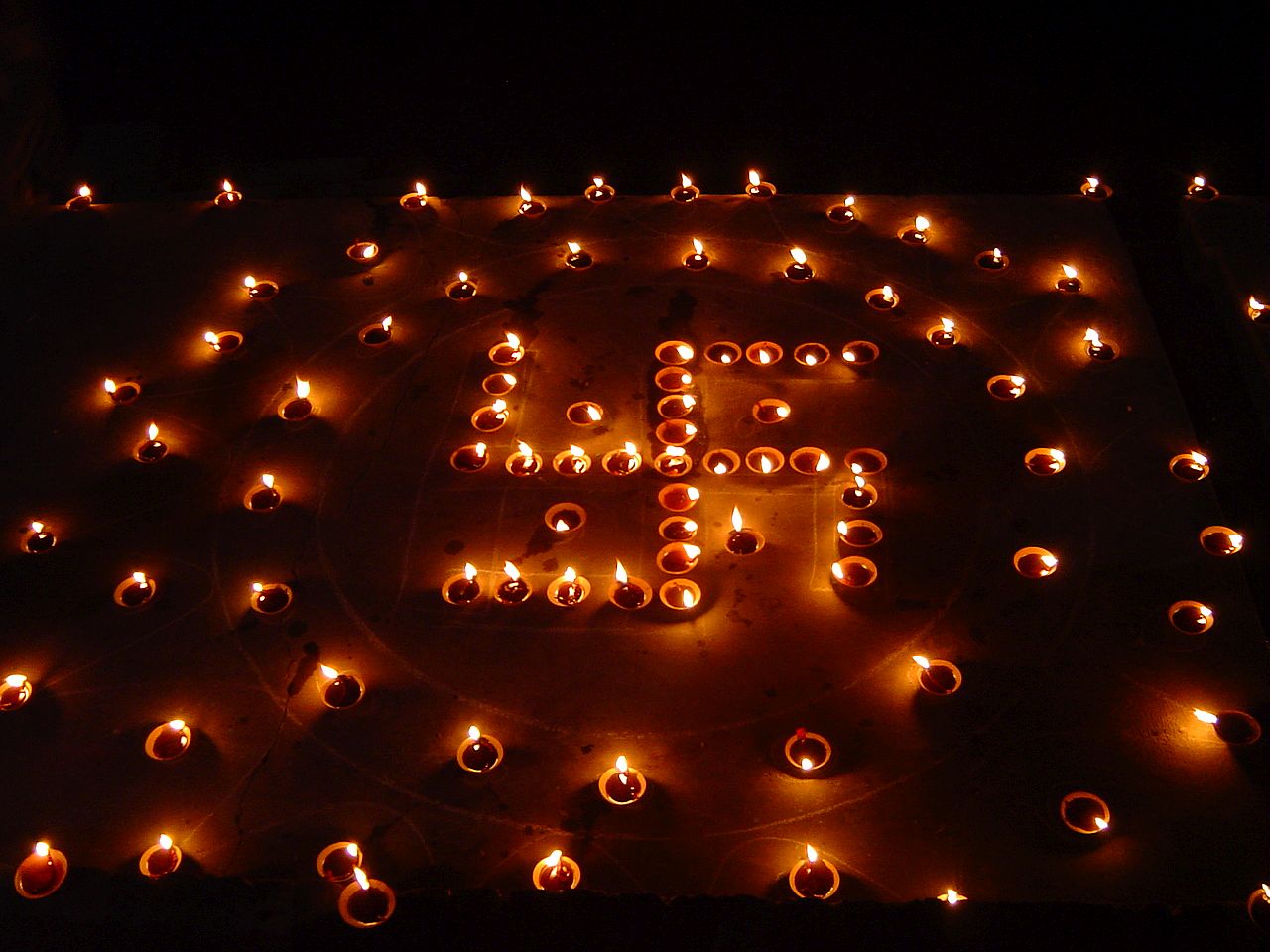
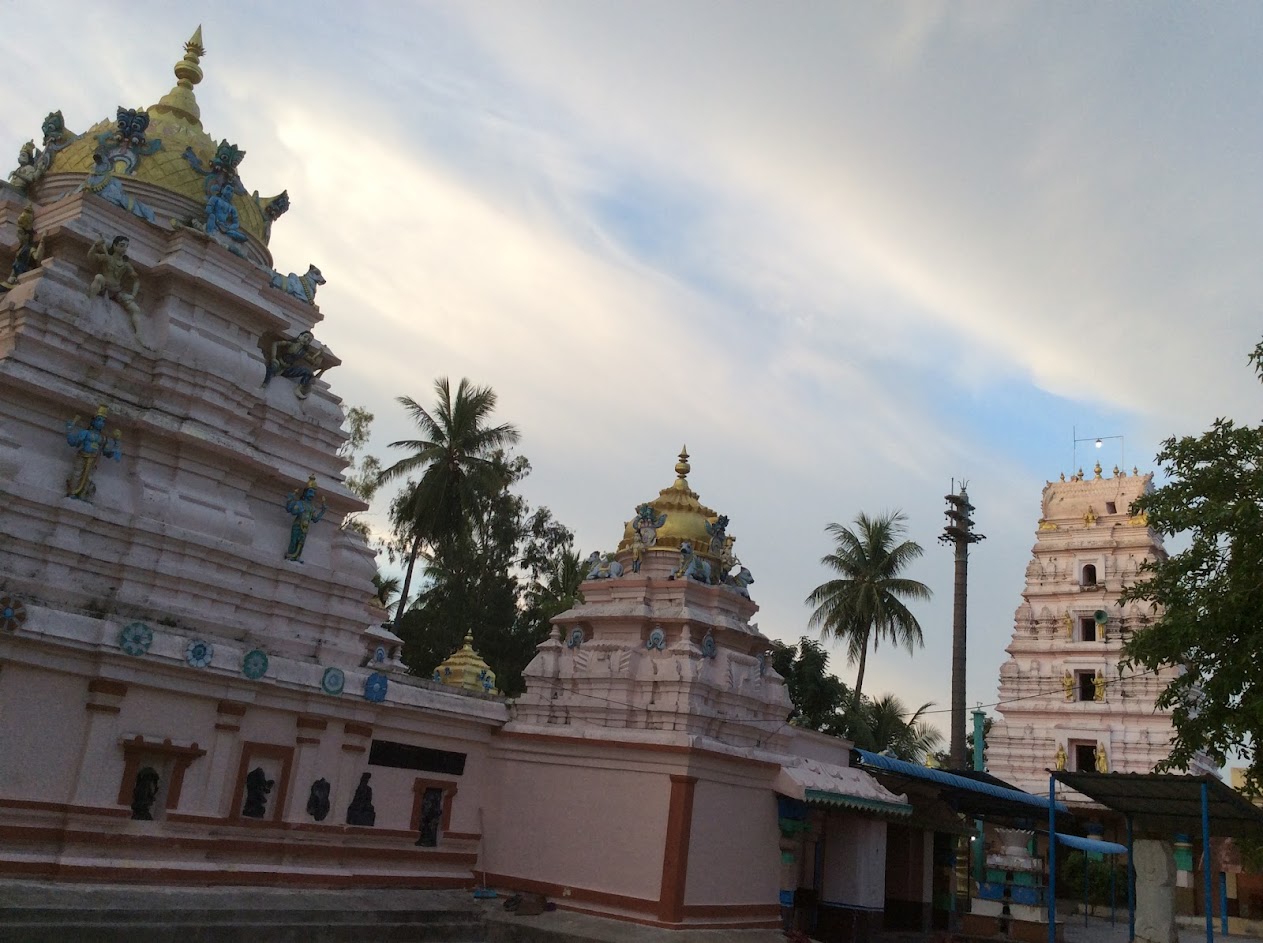

Comments (0)